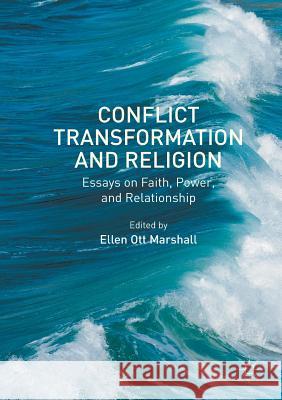Conflict Transformation and Religion: Essays on Faith, Power, and Relationship » książka
topmenu
Conflict Transformation and Religion: Essays on Faith, Power, and Relationship
ISBN-13: 9781349954025 / Angielski / Miękka / 2018 / 196 str.
Kategorie:
Kategorie BISAC:
Wydawca:
Palgrave MacMillan
Język:
Angielski
ISBN-13:
9781349954025
Rok wydania:
2018
Wydanie:
Softcover Repri
Ilość stron:
196
Waga:
0.26 kg
Wymiary:
21.01 x 14.81 x 1.14
Oprawa:
Miękka
Wolumenów:
01
Dodatkowe informacje:
Wydanie ilustrowane











